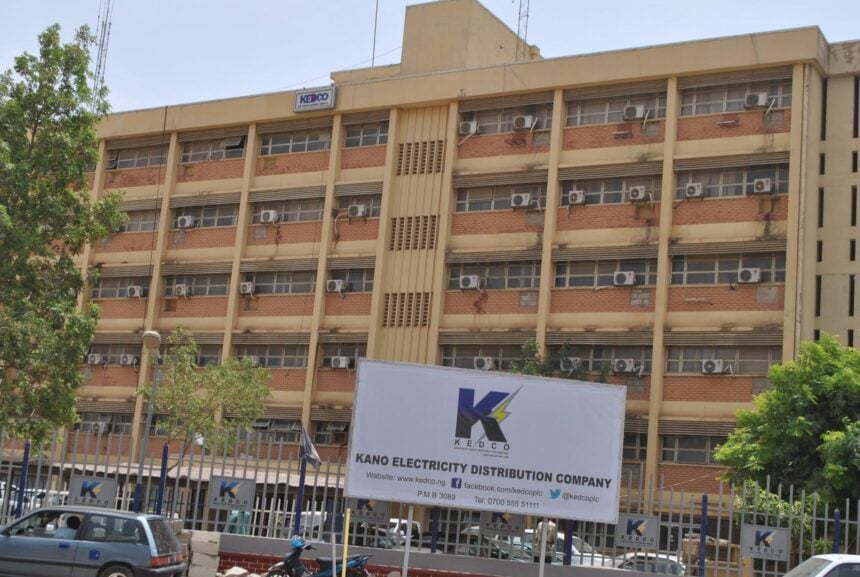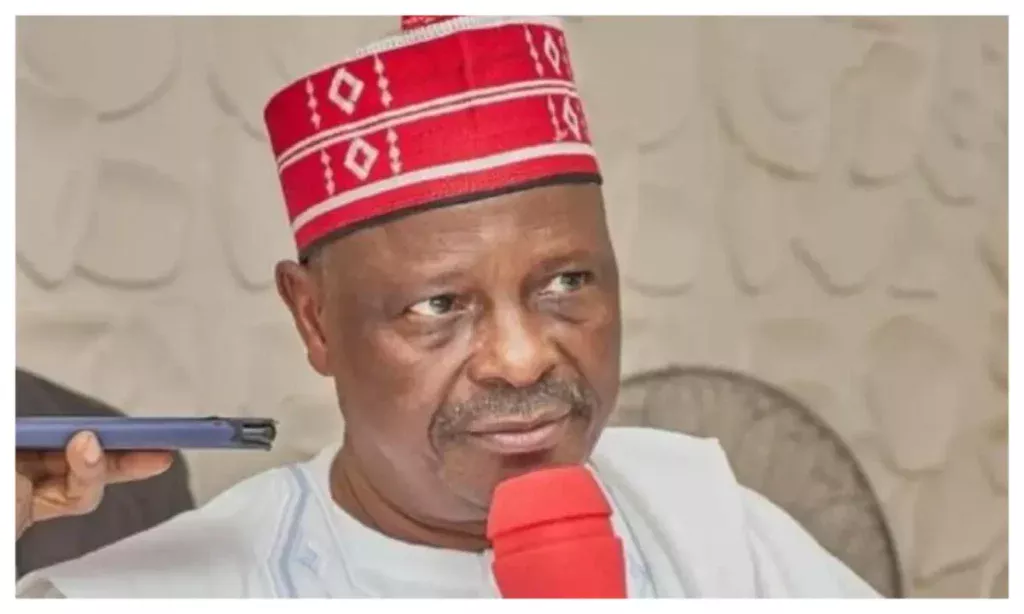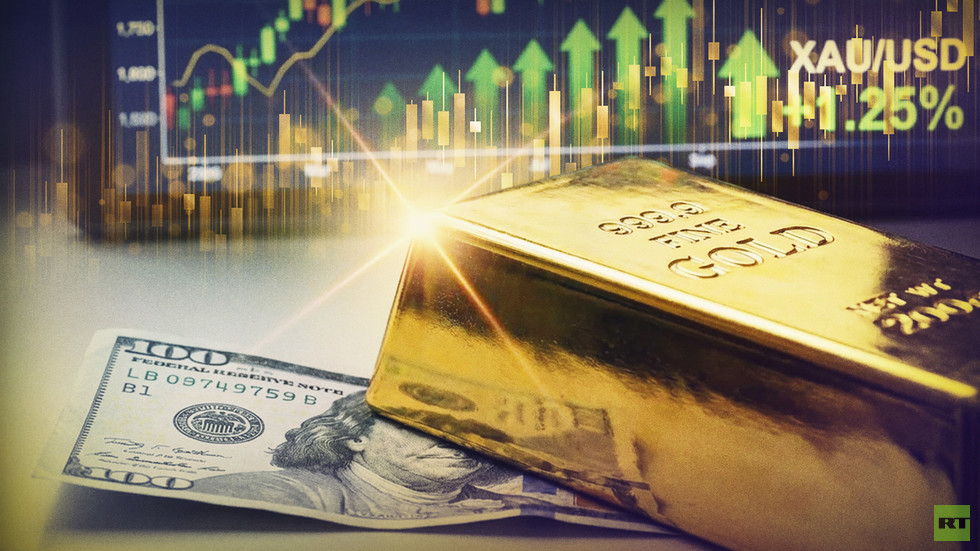The Nigerian Naira has continued to gain strength against the US dollar in the foreign exchange market. According to data from the Central Bank of Nigeria, the Naira appreciated to N1,526.06 on Tuesday, representing a marginal gain of 0.03 from the previous day’s rate of N1,526.09.
This slight increase indicates a positive trend for the Naira, which has been experiencing fluctuations in recent times. The foreign exchange market data suggests that the Naira is slowly regaining its value against the US dollar. In contrast, the black market rate remained stable at N1,533 per dollar, unchanged from the previous day’s rate, as confirmed by a Bureau De Change operator in Wuse Zone 6, Abubakar Alhasan.
The development comes amidst a response from Presidential spokesperson Bayo Onanuga to criticism from the opposition coalition, the African Democratic Congress. Onanuga stated that the US dollar is no longer the dominant currency against the Naira. The comment highlights the government’s stance on the country’s economic situation and the value of its currency.
The Central Bank of Nigeria’s latest external reserves data shows a steady increase, with the country’s reserves standing at $41.42 billion as of September 1, 2025. This represents a rise from $41.22 billion on August 29, 2025. The growth in external reserves is a positive indicator of the country’s economic stability and its ability to manage its currency.
The Naira’s performance against the US dollar is being closely watched, given the country’s reliance on foreign exchange for international trade. The stability of the currency is crucial for businesses and individuals who engage in cross-border transactions. As the Nigerian economy continues to evolve, the value of the Naira will remain a key area of focus for policymakers, businesses, and individuals alike.
The recent trend in the foreign exchange market, combined with the growing external reserves, suggests that the Nigerian economy is making progress in managing its currency and navigating the complexities of international trade. As the country moves forward, it is likely that the value of the Naira will remain a critical aspect of its economic development.



